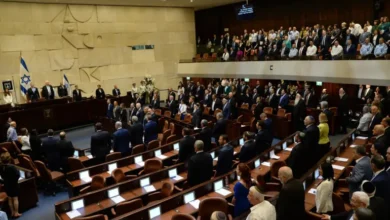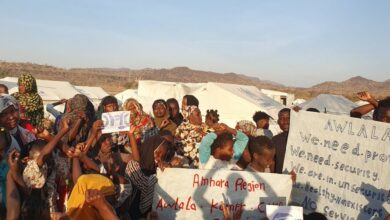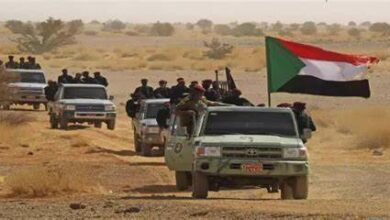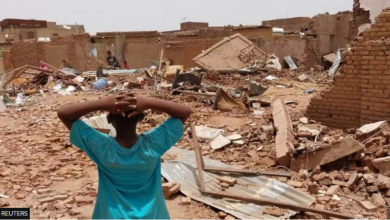Ministry of Foreign Affairs provides enlightenment to representatives of international and regional organizations
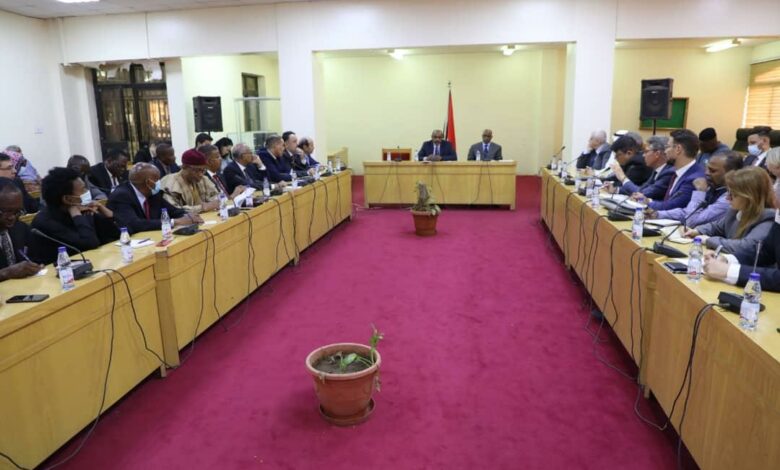
Ambassador Ali Al-Sadiq, Minister for Foreign Affairs in charge of the Ministry of Foreign Affairs, today informed ambassadors and representatives of international and regional organizations accredited to the Sudan to update them on the latest developments in the country’s political situation.
The Minister told the Sudan News Agency that the enlightenment addressed three main themes: the address of General Abdel Fattah al-Burhan, the last President of the Sovereign Council, the outcome of the emergency IGAD summit that ended its work in the Kenyan capital, Nairobi, yesterday, and the indications of the graduation of a first batch of security forces and the protection of civilians in Darfur.
With regard to the letter of proof, the Minister explained that the speech decided to withdraw the Sudanese Armed Forces from the political action of mediation by the tripartite mechanism of the United Nations, the African Union and IGAD, which meant that only civilians would be in dialogue, choosing the civilian Prime Minister who would form a full civilian government to lead the country for the remainder of the transitional period.
One of the main tasks of the Government, which was the duty of the Government anywhere, was foreign policy, which defined the approach of the Sudan’s relations with the outside world as States and regional and international organizations.
The Government must pay special attention to the issue of security, given the country’s security escalations, which warranted attention and attention. s pension is one of the pillars of the Government’s concerns, given the economic hardship caused by the lack of access to political solutions to the country’s crises.
He added that the government to be formed should prepare and supervise the general elections and coordinate the regional and international monitoring of their functioning and thus hand power to the parties that can win the elections. With regard to the IGAD Summit, the Minister noted that this Summit was the 39th extraordinary IGAD Summit, whose work was chaired by General Abdel Fattah Al-Burhan, the current Chairman of the Organization, with the participation of the Presidents of Kenya, Djibouti, Ethiopia, the Vice-President of the Republic of South Sudan and the Deputy an.
The Summit addressed the region’s challenges related to promoting peace and security, achieving development and addressing droughtThe food crisis in the organization and the consequences of the coronavirus pandemic, in addressing the summit, underscored the importance of concerted efforts and expanded cooperation and coordination among the organization’s countries for the good, peace, stability and prosperity of its peoples. On the other hand, the Proof held bilateral meetings with the President of Kenya, Djibouti and the Prime Minister of Ethiopia and addressed ways of strengthening relations and strengthening bilateral cooperation and mutual interests with these countries.
The Summit issued a statement commending the Sudan’s chairmanship of the Organization and noted the efforts and initiatives of the Sudanese presidency to promote cooperation between the States and peoples of the Organization.
The Minister said that it was agreed that the Sudan would be the headquarters of the IGAD Center for Health Emergencies. Since the Kenyan President will not attend any upcoming IGAD summit, where his presidency of Kenya will soon end, the President of IGAD paid tribute to the Kenyan President for his efforts in the renaissance and development of the Kenyan State yan State.
The Sudan will continue to preside over the Organization in the coming period. Al-Burhan pledged to work and coordinate with the Member States and the Secretariat of the Organization to transform the recommendations and decisions of the Summit into programmes of action for the benefit and benefit of the peoples of the Organization’s Member States and with regard to the graduation of a first batch of security forces and the protection of civilians in Darfur; The Minister stated that this process is the fruit of the Juba Peace Agreement in the Sudan, especially with regard to the provision of security arrangements The mission of the forces is to extend security, protect civilians, assist displaced persons to help and settle in their areas, secure the agricultural season and open the trails of nomadic herders.
Noting that the international community and the United Nations had pledged to complete the peace process and to provide for its material and other needs, he noted that the State’s great effort had been undertaken without the assistance of anyone, despite the economic hardship it was experiencing.


